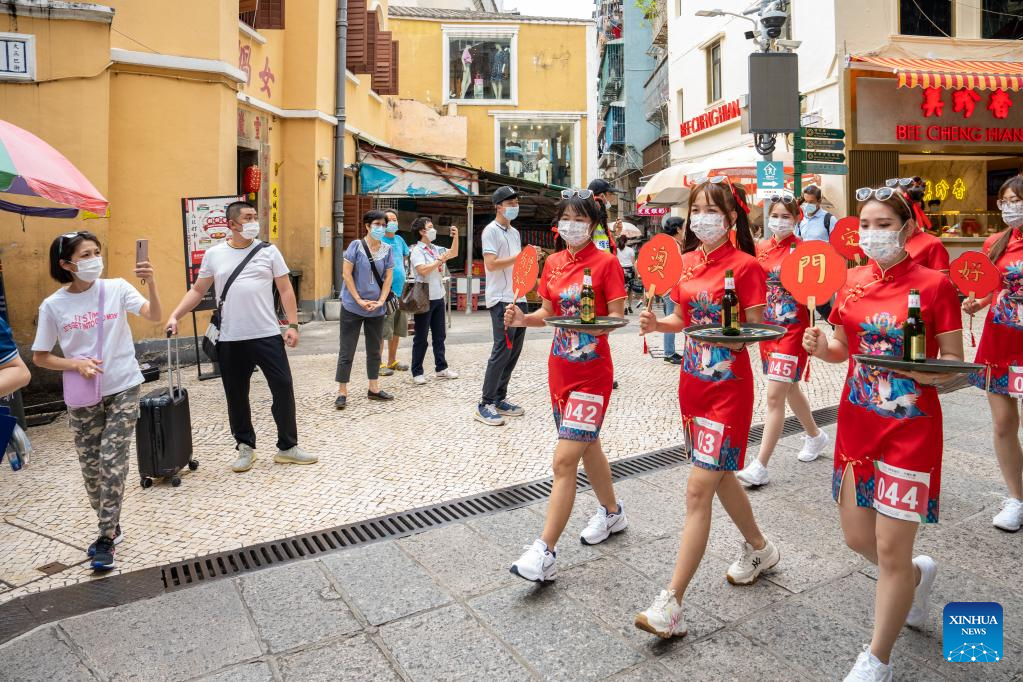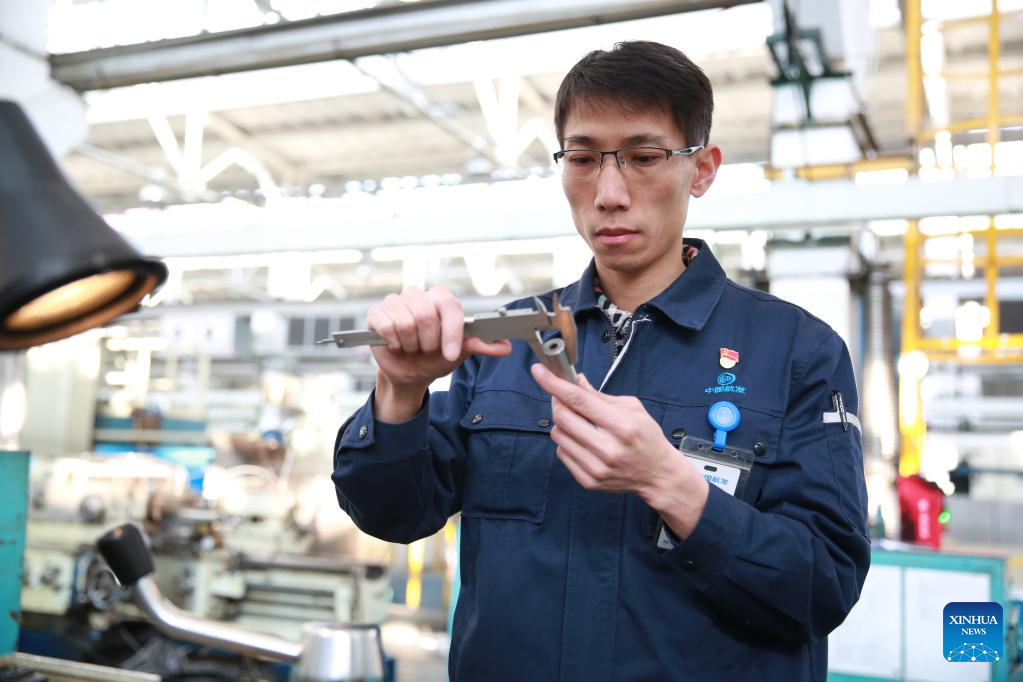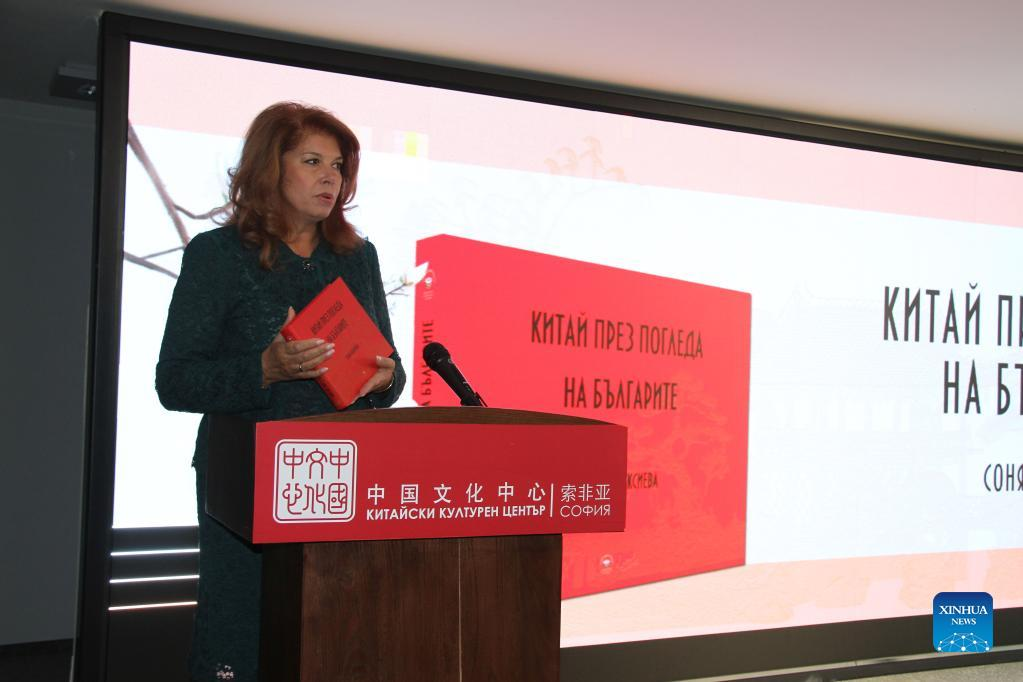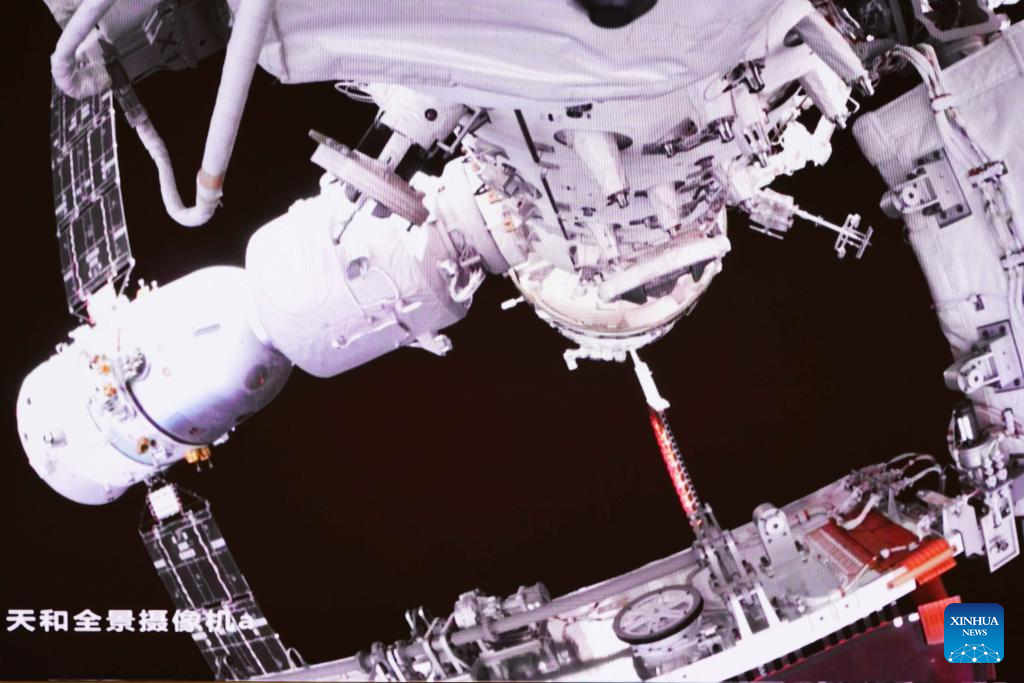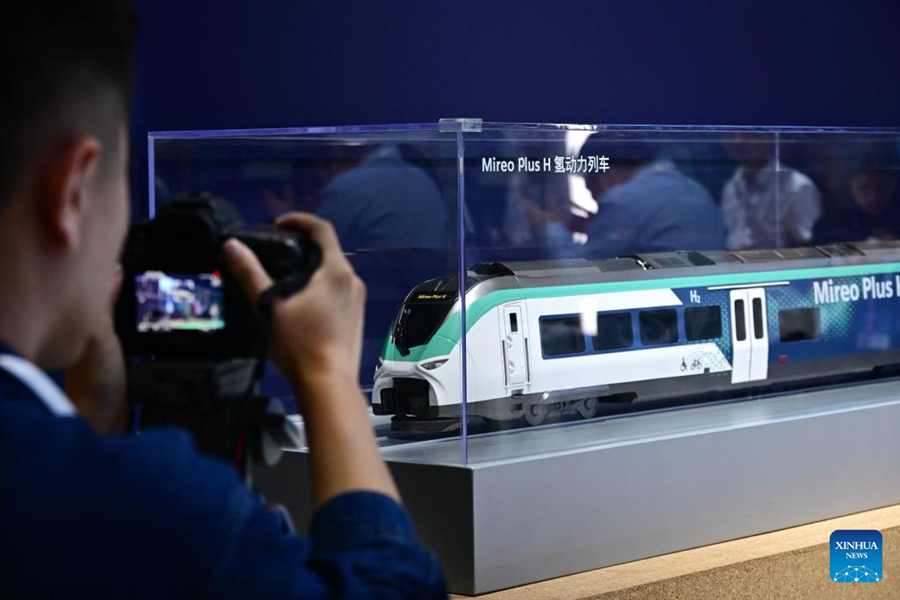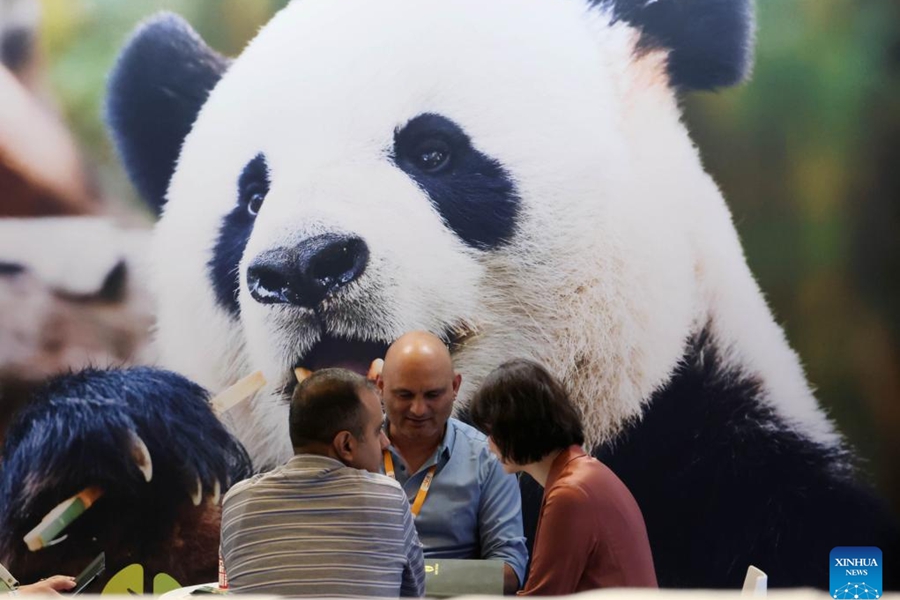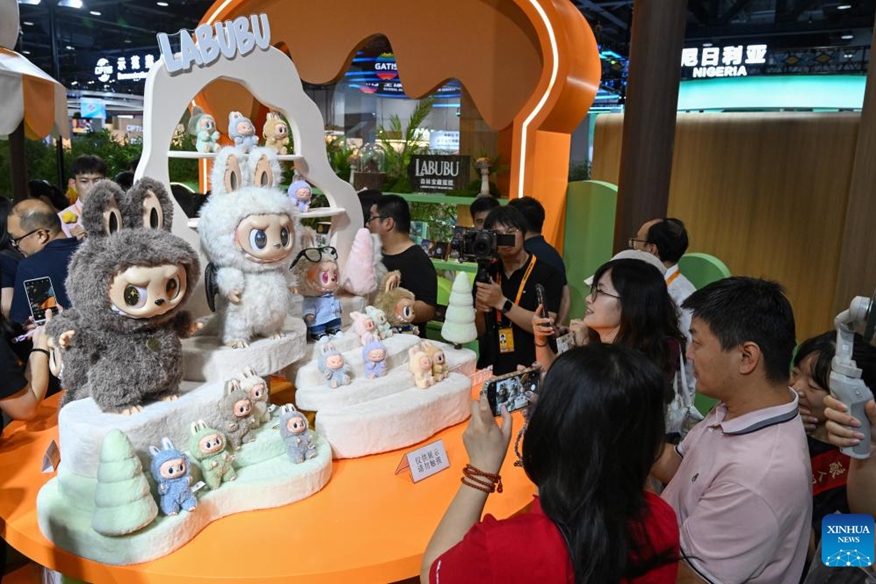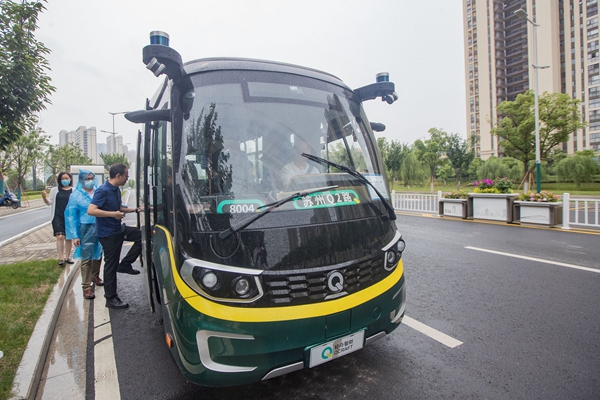
Minibus in Suzhou City (CFP Photo)
Several cities in the Yangtze River Delta are piloting the use of self-driving vehicles, particularly the expanded operation of unmanned buses on open roads.
Xiangcheng District of Suzhou City recently showcased its development achievements related to the V2X (vehicle-to-everything), featuring more than 130 self-driving vehicles such as minibuses, trucks and sweepers. Xiangcheng became the first in China to roll out a regular driverless bus service two years ago.
Due to a relatively slow speed and fixed routes, unmanned buses have been recognized as an ideal application of self-driving technologies. The Shanghai Free Trade Zone piloted the driverless bus service in August 2021. In Wuxi, the business district of Xidong New Town opened three routes for automated shuttle bus on January 1, 2022.
It takes about 10 minutes for a ride along a 4km-long route without stops in between. The electric minibus is equipped with cameras and sensors to navigate the predetermined route and has a capacity of up to eight passengers and a safety officer.
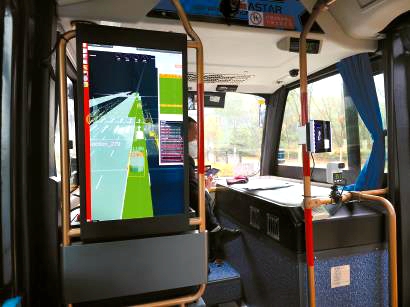
Photo taken from inside of a minibus in Wuxi City (Zhu Lingyun/Jiefang Daily)
The large display screen inside the minibus shows road information in real-time and it's quite smooth when the vehicle turns, changes the lane or stops. Meanwhile, the safety officer keeps his hands ready in order to control the steering wheel in emergencies.
Wang Pengcheng, senior engineer at Wuxi-based CASIC Daway Technology Co Ltd, said technically self-driving minibus can reach L4 but autonomous bus service also includes cost, policy, legal, operational and maintenance issues.
"As each minibus has a safety officer onboard, so the manpower cost is not much lower compared with the conventional bus. It also needs a technical team to support the self-driving service," Wang said.
In addition, the infrastructure cost to support the IoV is still high. It's estimated that the hardware equipment at one intersection will cost about one million yuan.
Among the challenges are the application of road traffic law that can't provide answers to many new questions, such as the qualification standards for self-driving vehicle.

